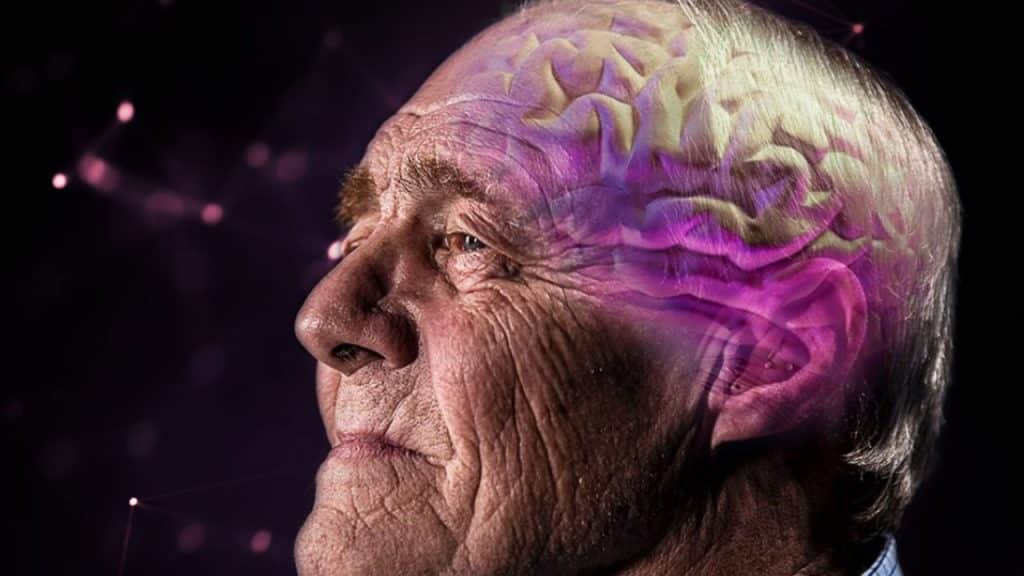AI is rapidly spreading through all aspects of healthcare. We’re only just beginning to see the potential, with lots of questions still to be answered. One Japanese company, NTT DATA, is currently focusing on how AI could help assess and treat dementia and cognitive decline more generally. It has come up with two possible solutions (https://longevity.technology/news/new-ai-solutions-to-detect-and-combat-dementia-and-cognitive-decline-developed/).
First, we have what’s being called the Brain Bio-Digital Twin. An extension of NTT’s broader project to create a body-wide bio-digital twin, this is about taking data about the brain and its diseases, and turning it into a digital representation of the brain’s structure and functioning. Developed in conjunction with National Center for Neurology and Psychology (NCNP), the hope is that this digital model will allow machine learning and AI to gain better insight without needing to perform more intrusive explorations of the actual physical brain. This means quicker and cheaper predictions, diagnosis and treatments.
The NCNP is based in Tokyo, and it has expertise in prevention, diagnosis, treatment and therapy for a variety of conditions, including developmental, mental and neurological conditions. This means it was well-placed to offer samples of blood, tissue and cerebrospinal fluid, along with data from PET scans and other forms of imaging. Then it had the knowledge and experience needed to interpret the AI’s results.
NTT’s second new development is using AI to evaluate drivers and assess if they are experiencing cognitive decline. This time, its partner is Kokusai Motorcars. Kokusai employs taxi drivers, and the ones aged over 65 are going to be the main subjects of the study. Devices with GPS capabilities and other sensors will be installed in their vehicles to quantify and measure data such as acceleration or sudden braking. This data will then be sent to the AI for analysis. It may provide insight into attention and decision-making, among the drivers, particularly in urgent and stressful situations, and whether it is starting to deteriorate.
If this system is successful in its evaluations, it could be rolled out to other taxi firms, logistics companies and even insurance providers, all of whom are dealing with older driver pools. Meanwhile, NTT’s research into AI is also supporting the development of digital avatars who can engage in conversations with dementia patients who may be experiencing communication difficulties.
Clearly, there’s a lot more to come from this research.




